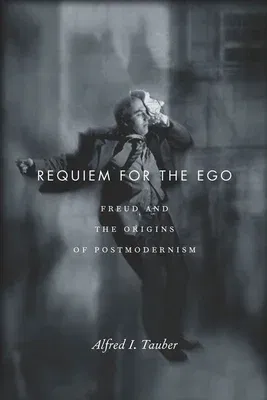Alfred I Tauber
(Author)Requiem for the Ego: Freud and the Origins of PostmodernismPaperback, 18 September 2013

Qty
1
Turbo
Ships in 2 - 3 days
In Stock
Free Delivery
Cash on Delivery
15 Days
Free Returns
Secure Checkout

Print Length
328 pages
Language
English
Publisher
Stanford University Press
Date Published
18 Sep 2013
ISBN-10
0804788294
ISBN-13
9780804788298
Description
Product Details
Author:
Book Format:
Paperback
Country of Origin:
US
Date Published:
18 September 2013
Dimensions:
22.86 x
15.24 x
1.78 cm
ISBN-10:
0804788294
ISBN-13:
9780804788298
Language:
English
Location:
Stanford, California
Pages:
328
Publisher:
Weight:
408.23 gm